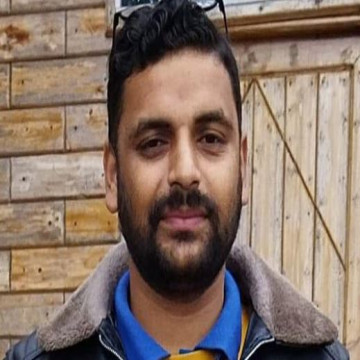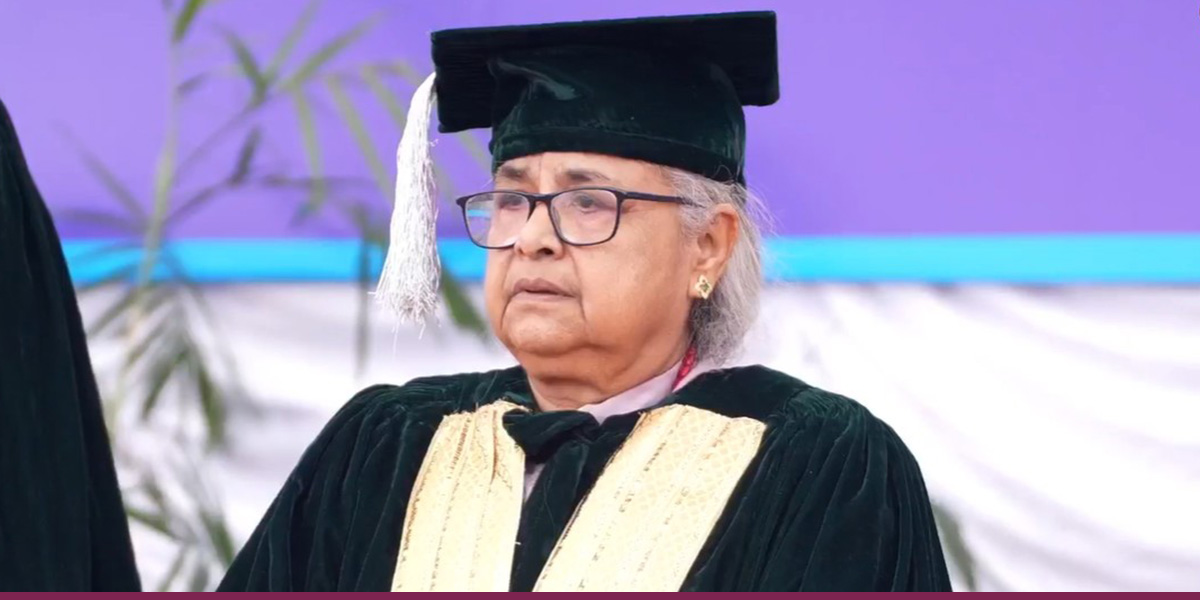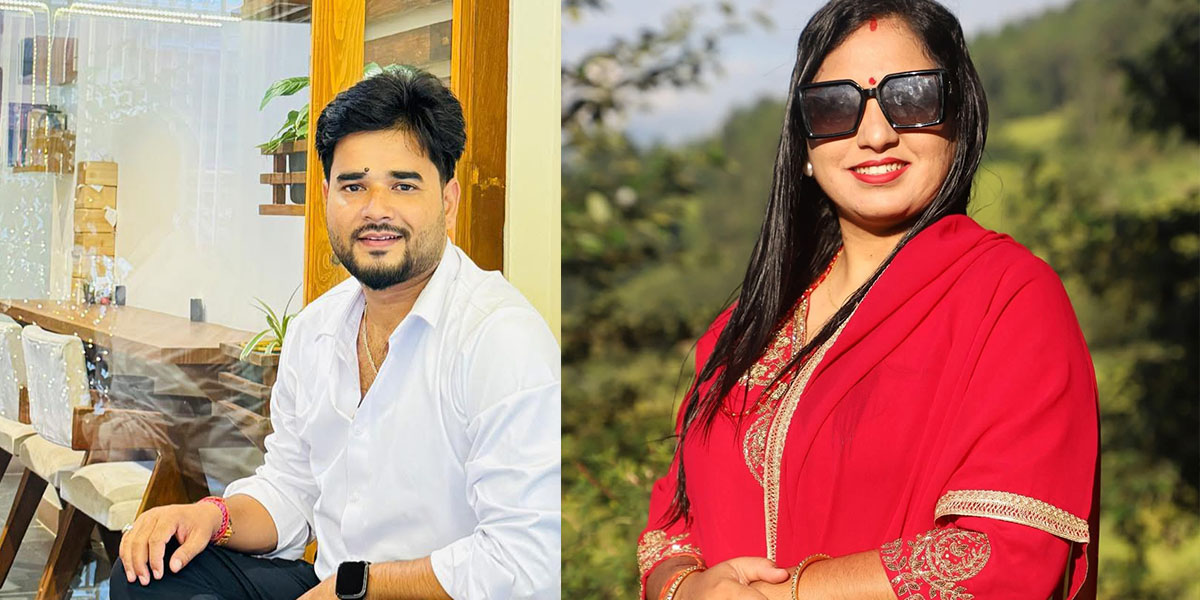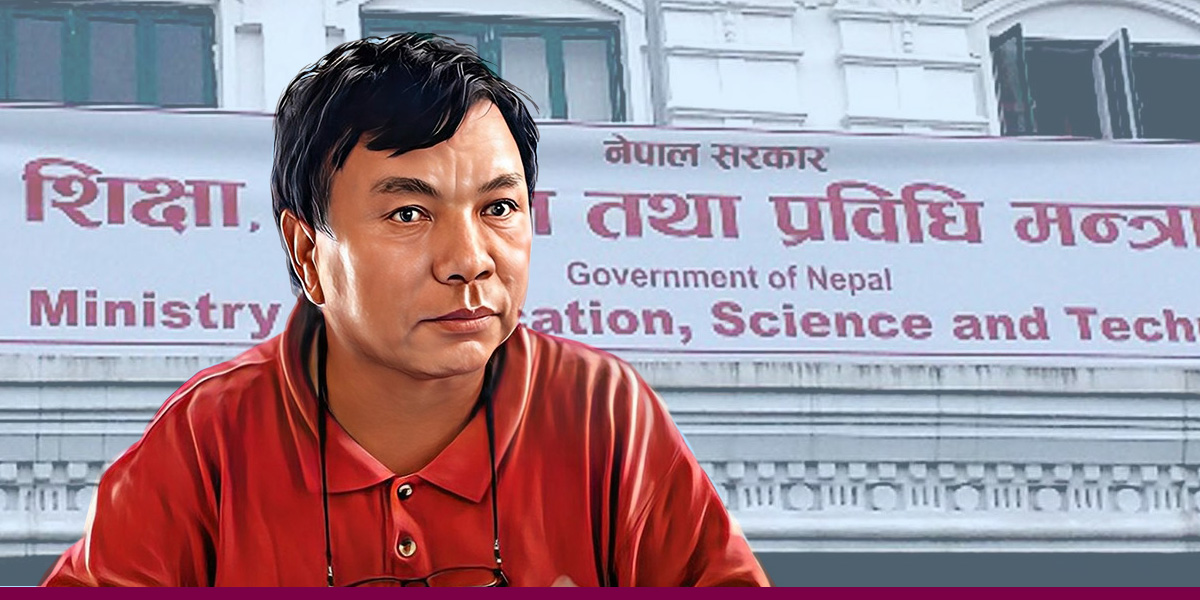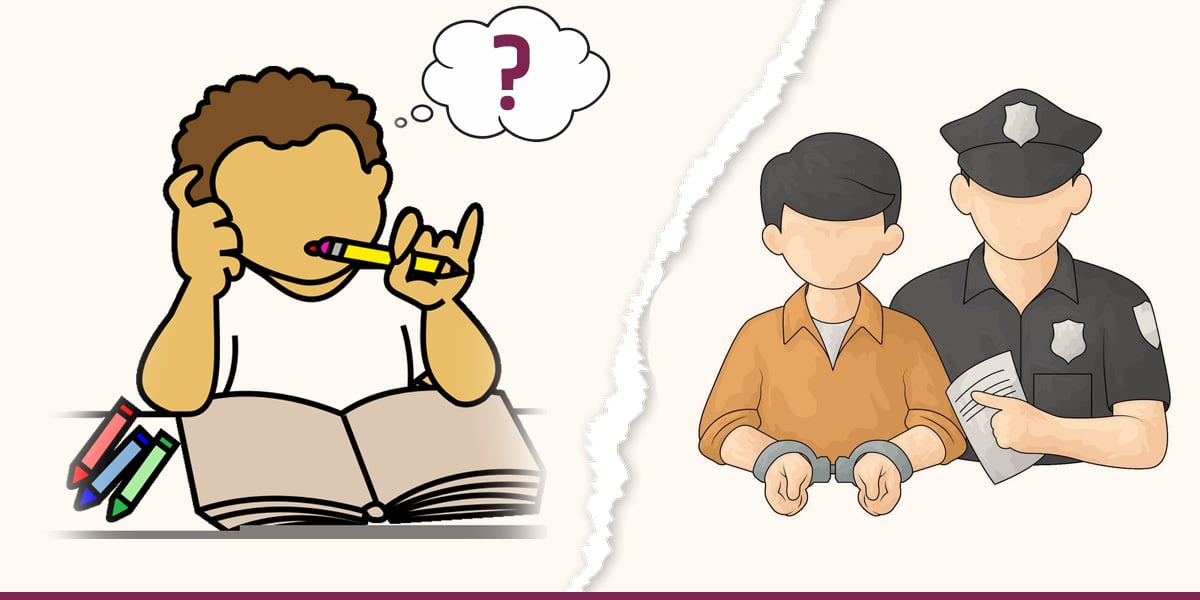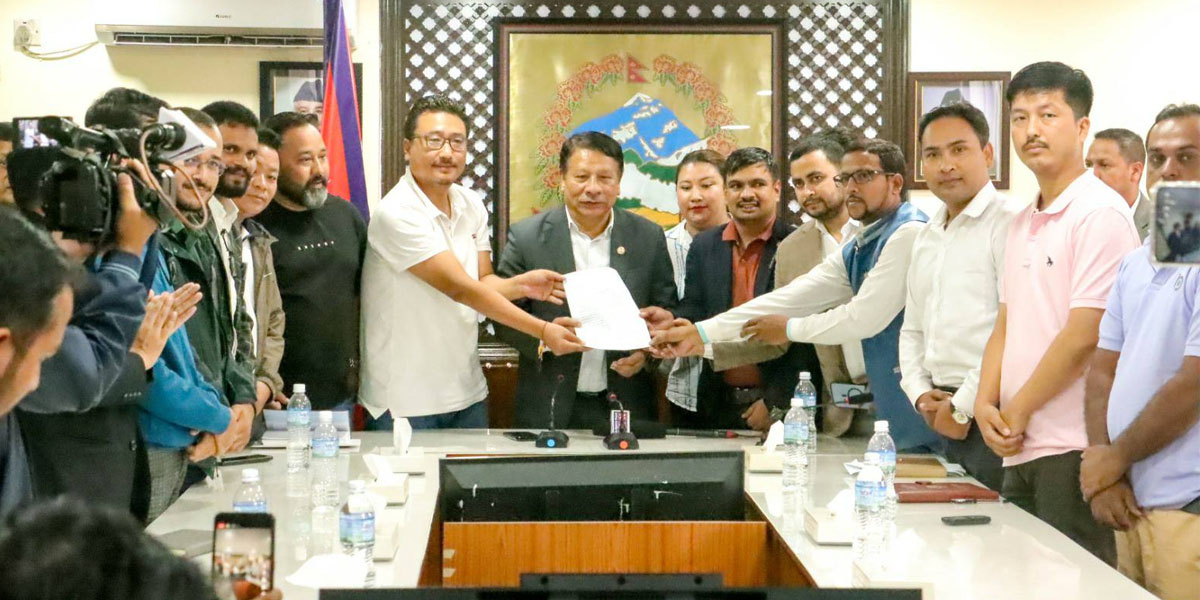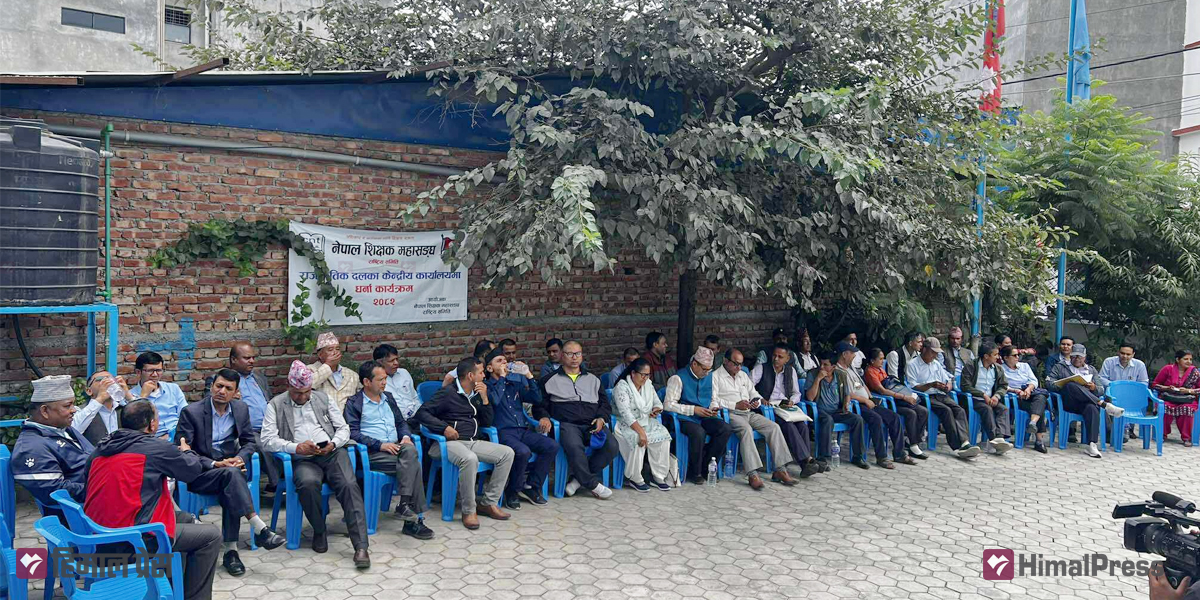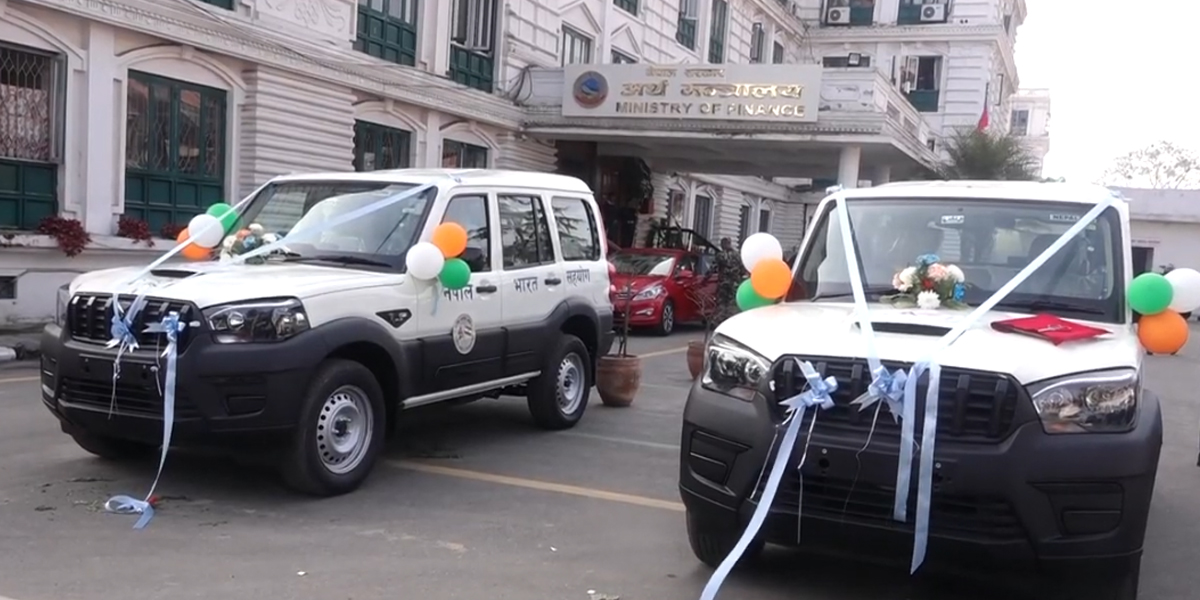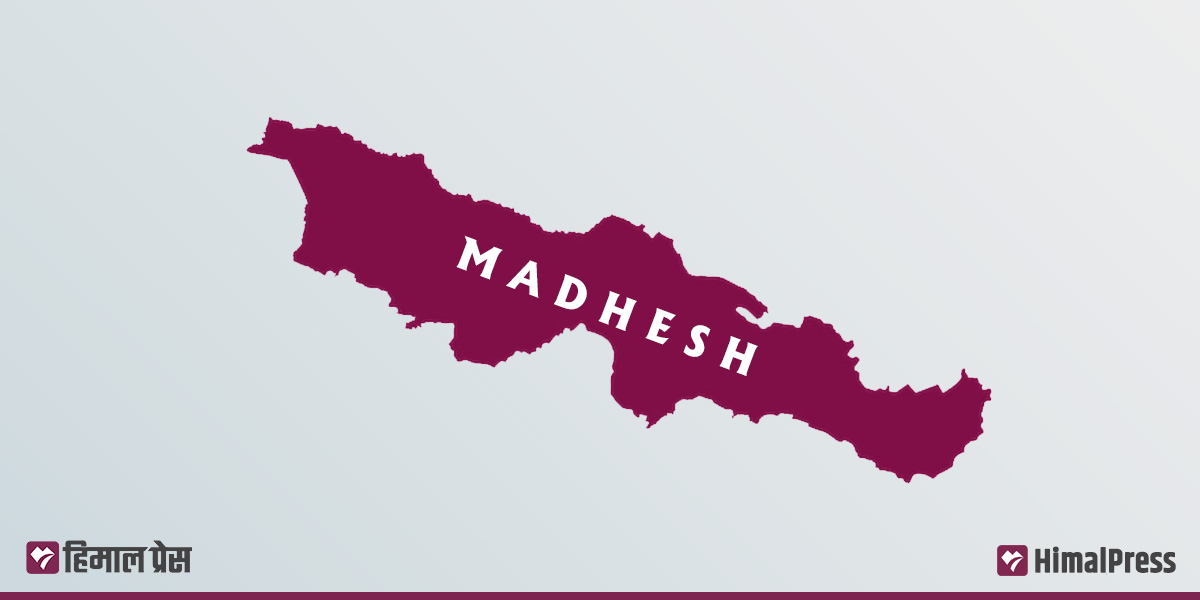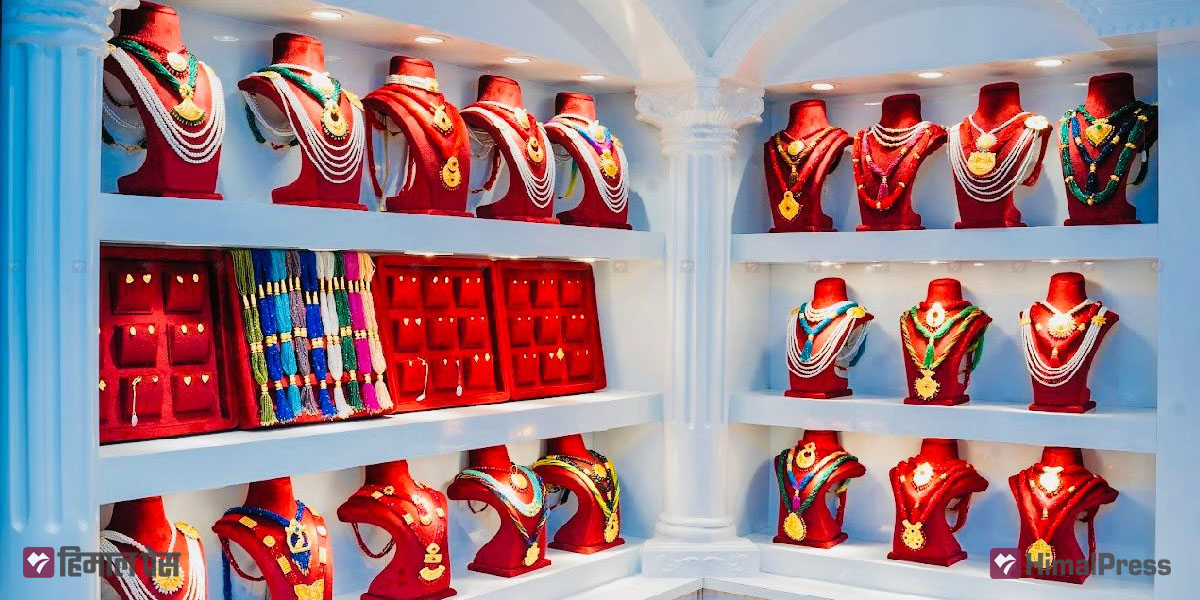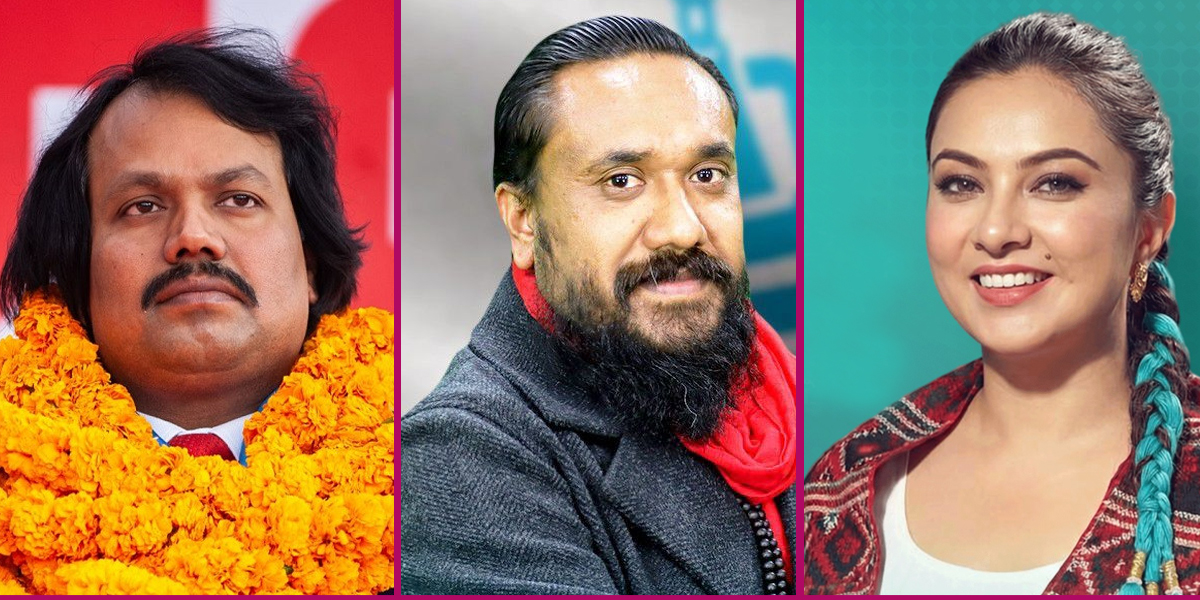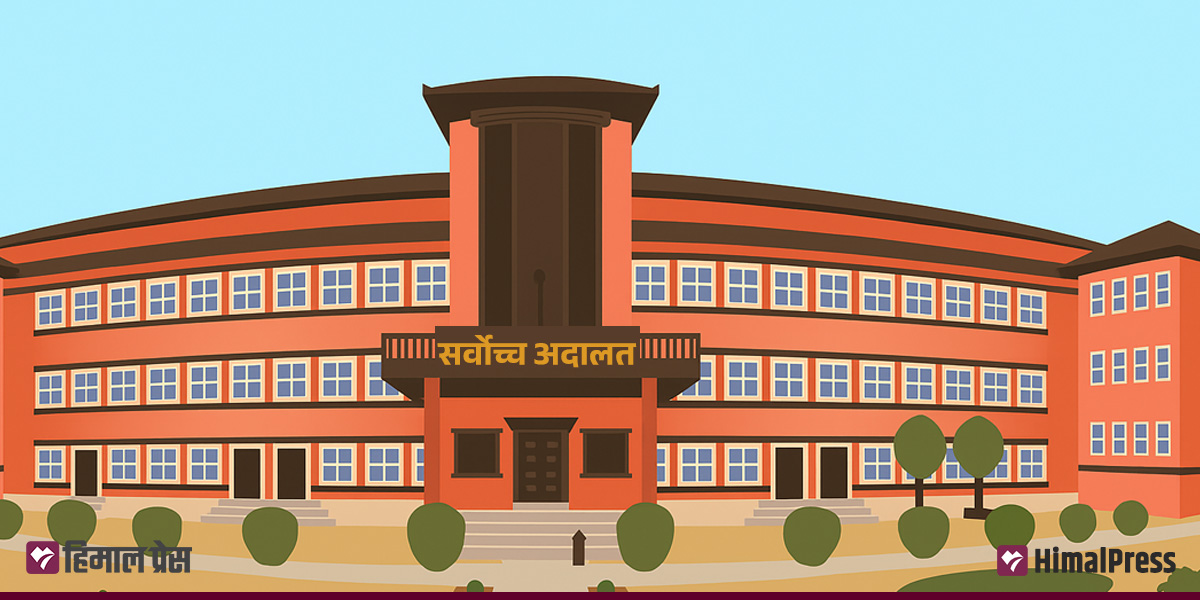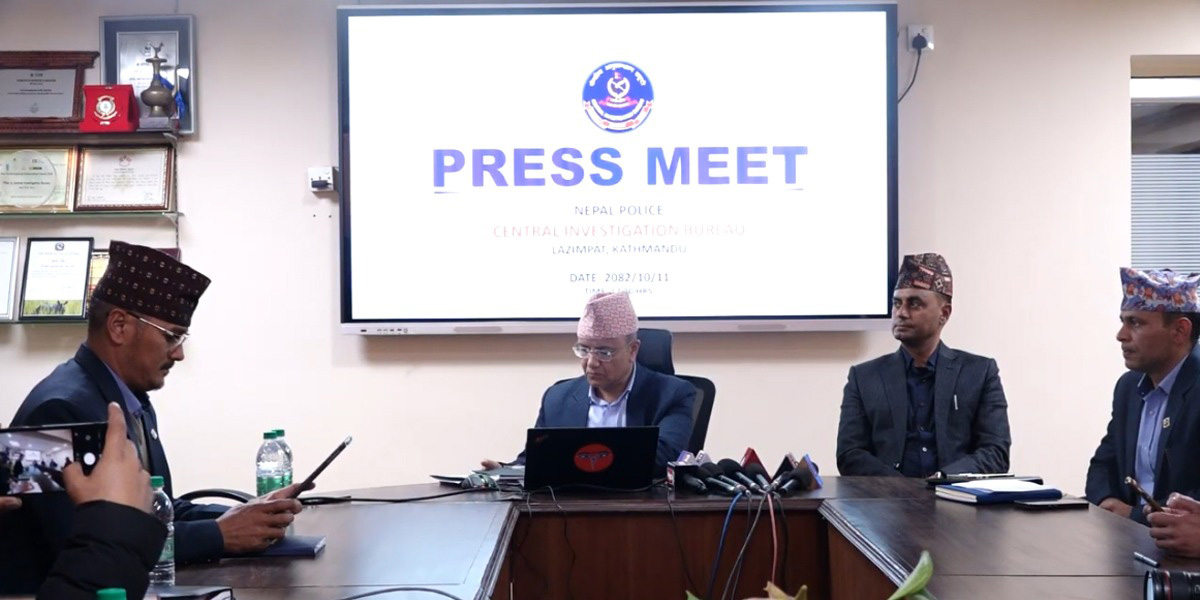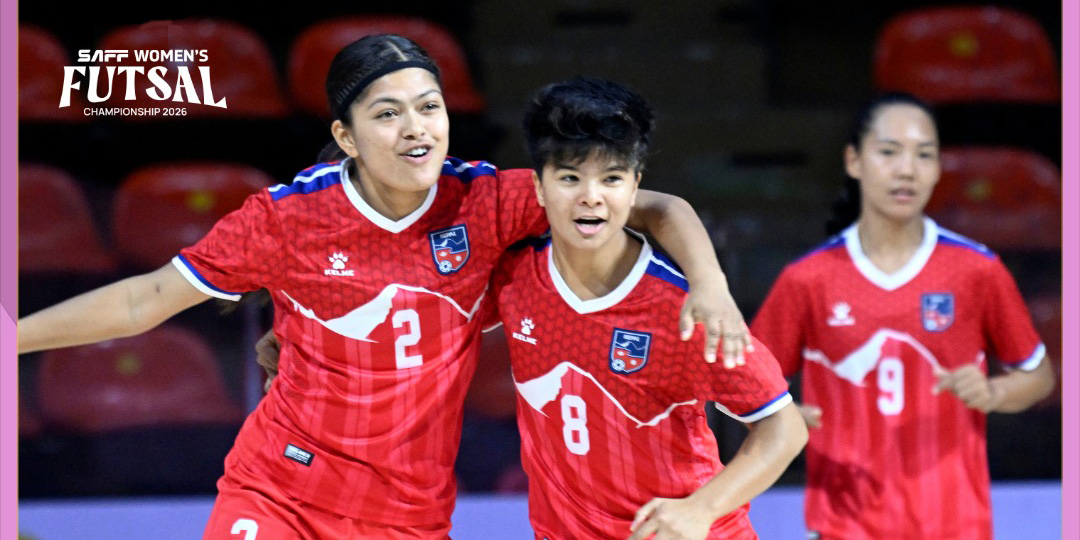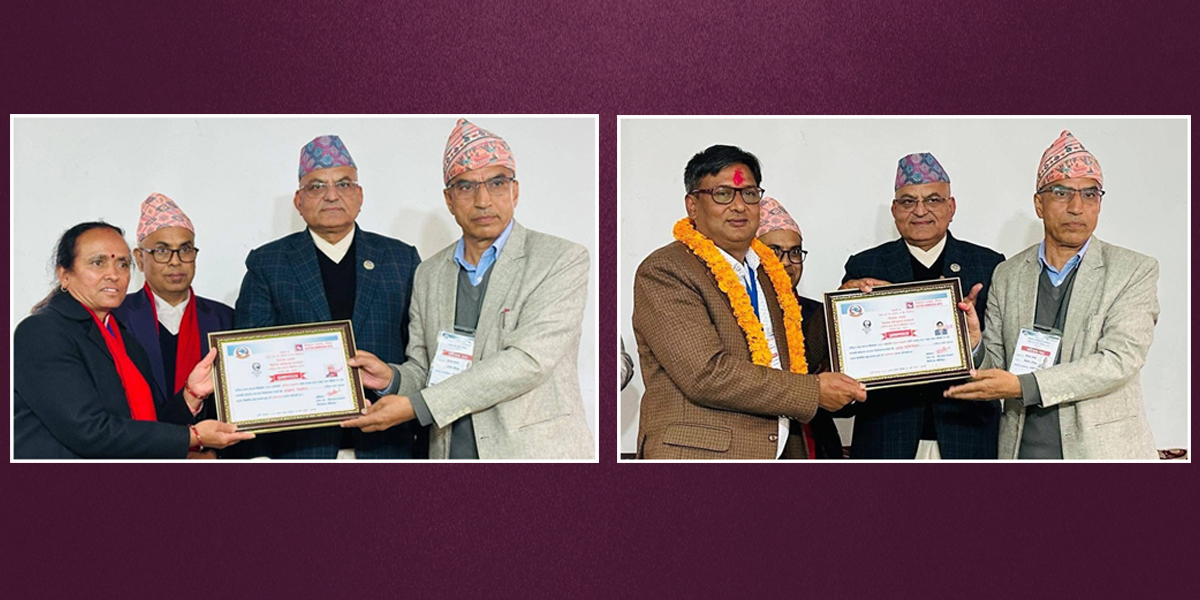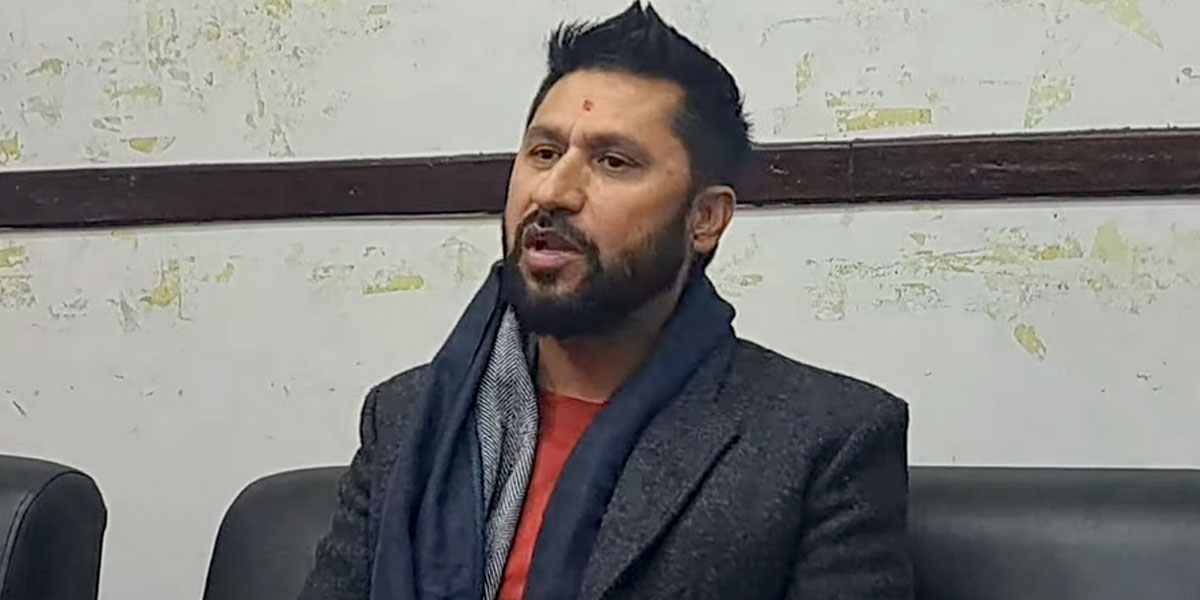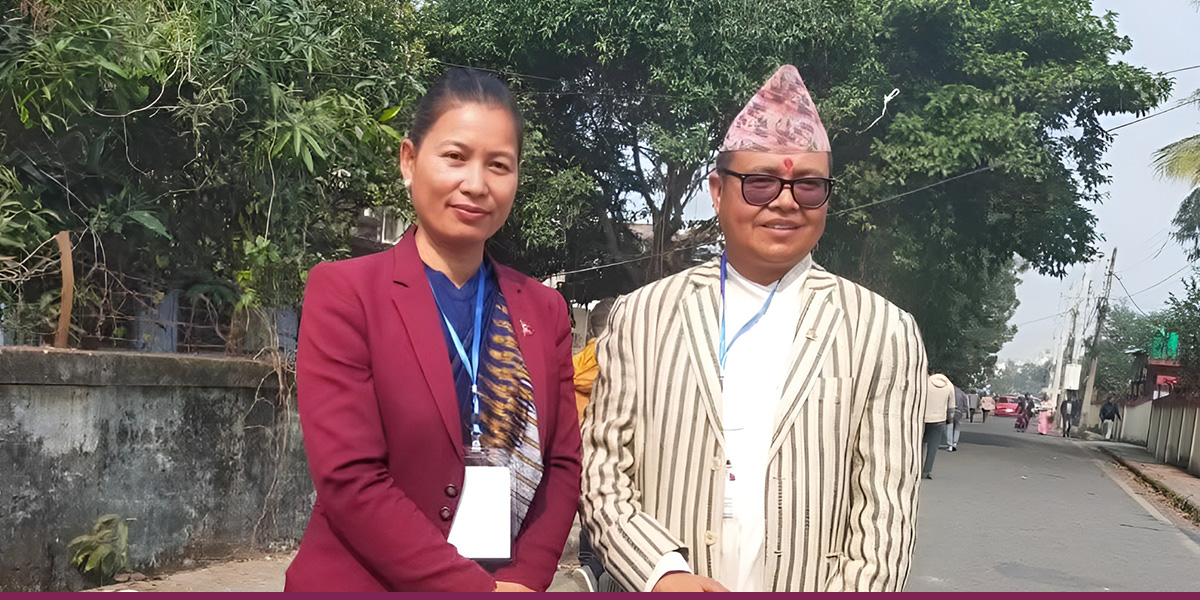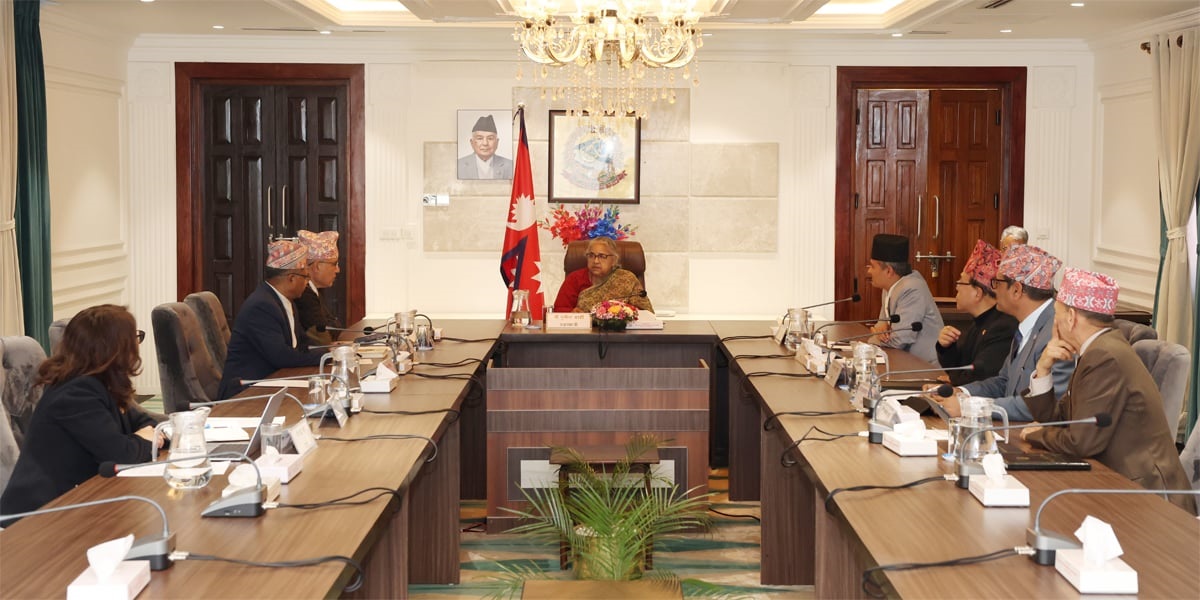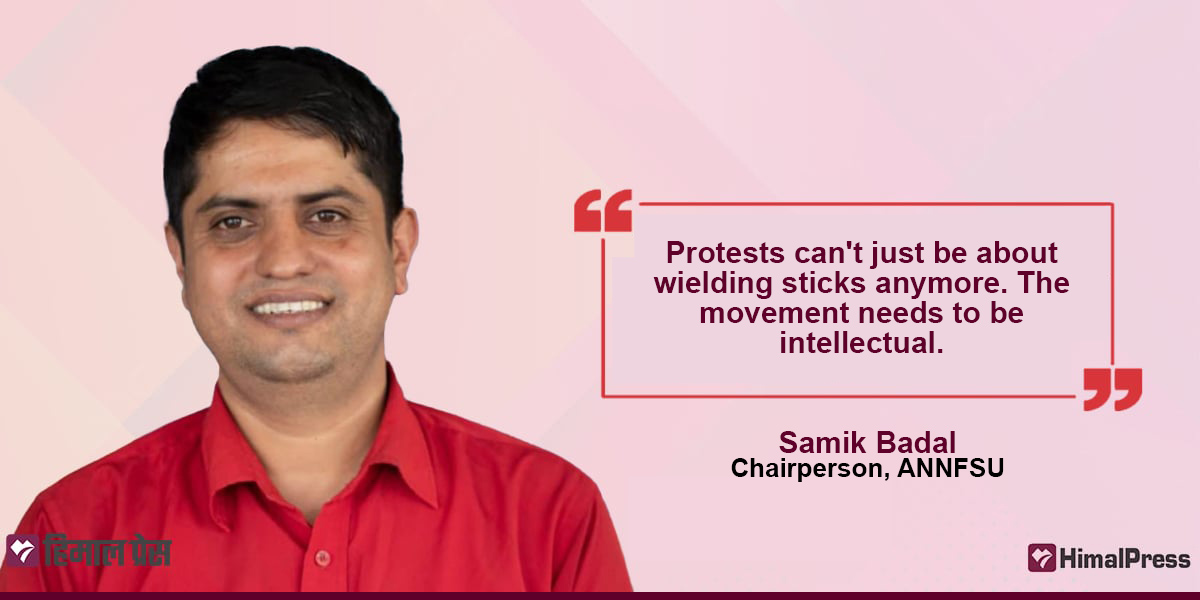
KATHMANDU: Student organizations that once led major political movements in Nepal now operate in the shadows of political parties. While the Nepal Student Union (NSU) of Nepali Congress and All Nepal National Independent Student Union-Revolutionary (ANNFSU-R) of CPN (Maoist Center) are struggling to maintain their relevance, the All Nepal National Free Students Union (ANNFSU) of CPN-UML is increasing its nationwide activities focused on educational issues.
Samik Badal, chairman of ANNFSU, believes that student movements should now focus on educational issues rather than political agitation. “Political movements have reached a certain height and direction. Now we need to create a tech-savvy workforce that can contribute while staying in the country,” Badal said.
Stating that the current education system is exporting youth abroad, he called for a reform in school and university curricula. He believes the state should pay attention to updating school curricula to meet national needs.
According to Badal, ANNFSU is advocating for job creation for skilled workers in Nepal, strengthening technical education, and investing in technology. “We shouldn’t be exporting students, but exporting technology. We need to invest in technology and create a tech-friendly workforce,” he added.
Badal is working to revitalize and protect the student movement. He disagrees with those who say the student movement has become tired. While he agrees that the movement hasn’t been able to advance educational issues effectively, he believes there is still a role for student activism, albeit in a different form than in the past.
“Whether fighting against the Panchayat system or the autocratic monarchy, there was enthusiasm in the student movement. Leaders born from student organizations are now in top leadership positions,” Badal notes. He dismisses concerns that students are only focused on issues like reducing petrol prices, saying the movement has entered a new phase. “Protests can’t just be about wielding sticks anymore. The movement needs to be intellectual,” he argued.
Creative activities
Through ANNFSU, Badal has been organizing creative initiatives to raise awareness about educational issues and promote studying in Nepal. One such initiative was a theatrical performance titled “Black Letter/Red Letter” that toured different districts, highlighting the impact of the current education system on social structures, the compulsion for students to go abroad and internal problems within the student movement.
Another initiative was the “Student Festival” held in Kathmandu. Unlike traditional programs, this festival avoided political speeches and instead featured debates with experts, discussions on the impact of student movements on national development, exhibitions on ANNFSU’s history, live music, art, career counseling, and cultural displays from all seven provinces.
Notably, the festival did not promote education abroad. “Our goal wasn’t to send students abroad. We can’t say ‘you should study in Nepal’ and then advertise foreign universities,” he added.
Badal’s vision
Badal envisions student organizations becoming more dynamic and independent from political parties. He believes in the capabilities of Nepali youth, especially in technology, but feels the state hasn’t recognized this potential.
“We are ahead of India in technology. Students have proved this. But the state should be able to identify the potentials,” he added.
Badal said student unions should only have active and regular students under its umbrella. “We are affiliated to a political party. But we should be able to stand against the party if it makes any mistakes,” he added. ”
Looking ahead, Badal plans to strengthen the student movement through “intellectual programs.” ANNFSU is preparing a nationwide quiz competition for students up to 12th grade. “We want to shake up the state with this program,” Badal says, “We want to show the talent our students possess.”
Badal’s commitment to the student movement is deeply personal. In 2010, he nearly died after being attacked by rival students at Tri-Chandra College, Kathmandu. His fingers were severed and he had 200 stitches. After a long recovery, he found a new purpose.
“I have been given a second life. As long as I live, I want to do something for the country,” he added.

